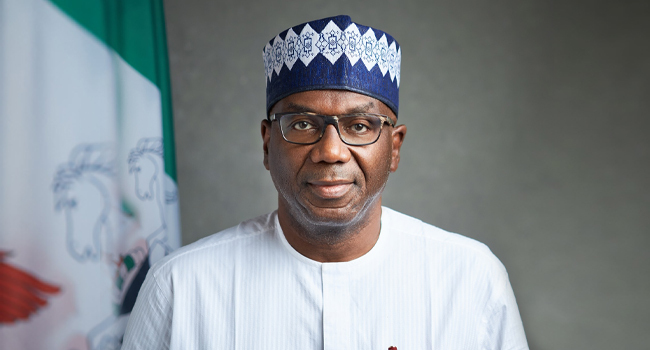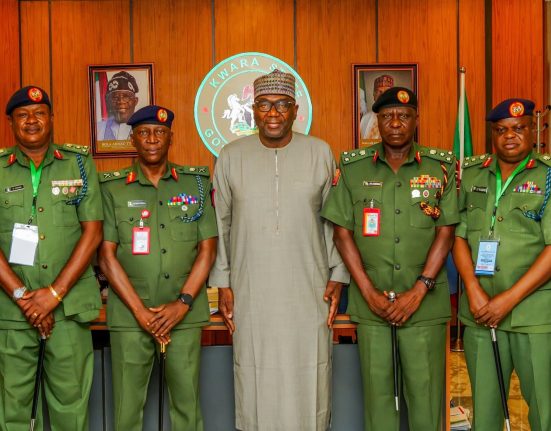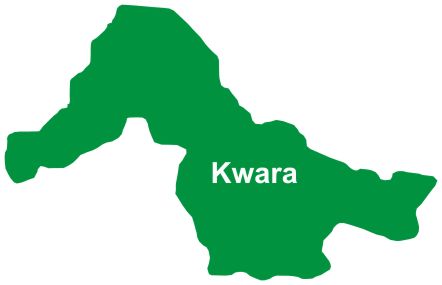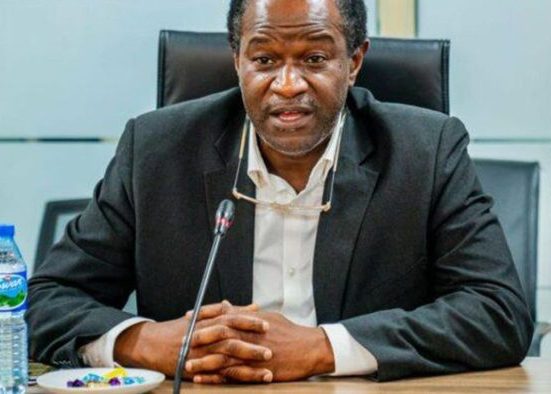Governor AbdulRahman AbdulRazaq of Kwara State has continued to receive accolades for his remarkable strides in repositioning the state’s tertiary education sector, clearing long-standing salary arrears, and reviving institutions that were once on the brink of collapse.
Stakeholders across the education sector, including lecturers, students, union leaders, and civil society groups, have lauded the governor’s administration for demonstrating uncommon political will and responsiveness in addressing the systemic rot that had plagued tertiary institutions in the state for years.
Since assuming office in 2019, Governor AbdulRazaq has implemented a series of reforms that have not only stabilised the academic calendar in state-owned institutions but also restored confidence in their administrative and academic integrity. Under his watch, several institutions — including Kwara State Polytechnic, the College of Education in Oro, and Kwara State University (KWASU) — have witnessed major infrastructural upgrades, improved funding, and prompt disbursement of subventions.
One of the most widely praised interventions was the complete clearance of salary arrears owed to staff in some institutions dating back several years. Many staff members, who had nearly lost hope, have testified to receiving their full entitlements under the current administration — a development seen as a morale booster and a sign of good governance.
Student representatives have also noted the improved learning environment, including upgraded lecture halls, access to digital learning tools, and enhanced hostel facilities. They credited the governor for making higher education more conducive and aligning state institutions with national and global standards.
Speaking during a recent education stakeholders’ forum in Ilorin, a lecturer at the Kwara State College of Education, Lafiagi, described the transformation as “the most impactful in the last two decades,” adding that “Governor AbdulRazaq has changed the narrative for tertiary education in Kwara.”
The administration’s education revival effort is part of a broader agenda to build human capital, reduce youth unemployment, and attract investment through knowledge-driven development.
As the reforms continue, many have called on other states to emulate Kwara’s model of accountability, timely intervention, and sustained commitment to education as a tool for social and economic advancement.







